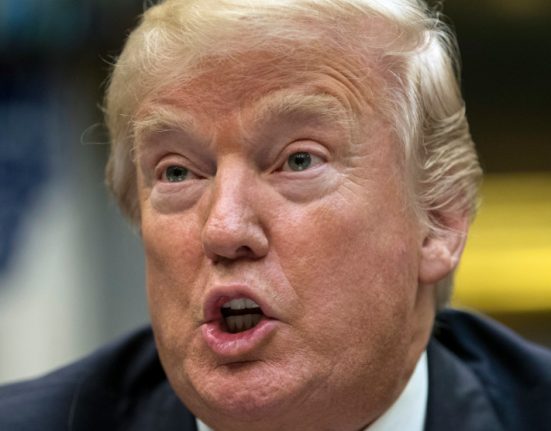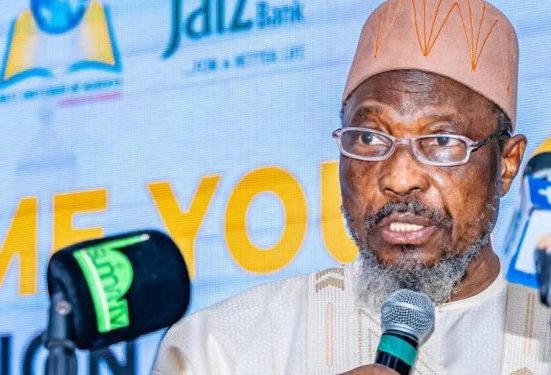Tensions in the Middle East have escalated as Saudi Arabia, Turkey, and Iran issued a unified warning over Israeli Prime Minister Benjamin Netanyahu’s plans to annex parts of the West Bank. The trio cautioned that such a move would provoke an unprecedented response from the Arab League, potentially reshaping diplomatic and political relations in the region.
The West Bank, a territory at the heart of the Israeli-Palestinian conflict, has long been a focal point of international diplomacy, with annexation efforts viewed by many Arab nations and international observers as a serious violation of Palestinian rights and international law. Saudi Arabia, Turkey, and Iran emphasized that the annexation would undermine peace prospects and trigger heightened tensions not only within the occupied territories but across the broader Middle East.
Sources indicate that the Arab League, representing 22 member states, is preparing to convene emergency sessions to consider collective measures against Israel should Netanyahu proceed. These actions may include diplomatic sanctions, economic measures, and calls for greater international intervention to halt the annexation process.
The warning reflects a rare convergence of interests among regional powers often divided by other geopolitical concerns.
Saudi Arabia, historically cautious in its public statements on the Israeli-Palestinian conflict, appears to be signaling a firmer stance in solidarity with Palestinian sovereignty claims. Turkey, under President Recep Tayyip Erdoğan, continues to vocally oppose Israeli policies perceived as aggressive toward Palestinians. Meanwhile, Iran, a long-time supporter of Palestinian resistance groups, views annexation as a direct threat to regional stability and its strategic interests.
Internationally, the proposed annexation has drawn criticism from the United Nations, the European Union, and several Western nations, all urging restraint and renewed dialogue. The potential Arab League response adds a new dimension to the already complex diplomatic landscape, suggesting that the regional order could face significant disruption if annexation proceeds.
As diplomatic tensions mount, global stakeholders are closely watching developments, with hopes for renewed negotiations to avert further escalation in one of the world’s most protracted conflicts.






